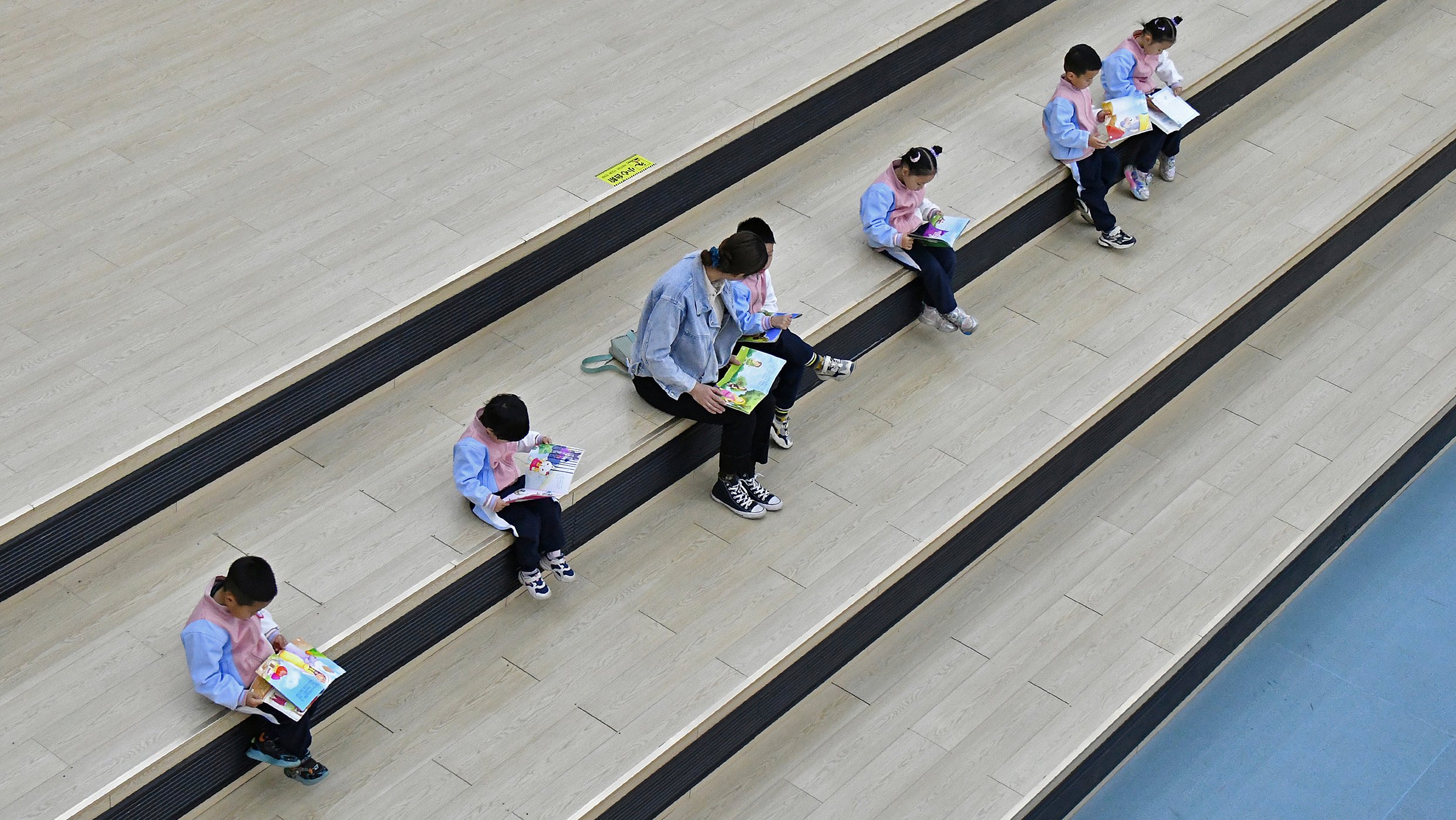News of a Stanford PhD graduate getting hired to work for the local government of a remote Chinese town has attracted views on Chinese social media over the past few days. Su Zhen, who holds a bachelor’s degree from the University of Science and Technology of China, Hefei, and a doctorate in physics from Stanford University, recently applied to a position in the local government of Lingbi (灵璧县) — a town under the administration of Suzhou City, Anhui province (written in Chinese as 宿州 Sùzhōu, not to be confused with the better known 苏州 Sūzhōu). Su Zhen was hired after scoring first in both the written test and interview for the local Civil Servant Examination (公务员考试).

The news sparked heated debate after going viral. The Civil Servant Examination is open to all who hold a bachelor’s degree and are under the age of 35. In Chinese, a position in the civil service has often been regarded as an “Iron Rice Bowl” (铁饭碗, tiěfànwǎn). Though such government jobs have relatively low wages, their stability makes them attractive to many. Therefore, the exam is noted for its competitiveness, with millions of college graduates applying every year. But it is very rare for a PhD graduate, especially someone who has overseas experience, to participate in the examination when they apparently should have plenty of other career options. Many ask what is the purpose of acquiring a world-class education when the result is to become a civil servant in a small town. Some argue that this is a waste of the society’s resources, since Su should be aiming higher with the education he received. Others believe that it is completely his personal choice.
Su’s hiring has gained attention around the same time that Jiang Ping, a 17-year-old student at a vocational high school in Jiangsu province, entered the final round of Alibaba’s global math competition, where she will be competing against math students from MIT and Tsinghua. Together, the stories of these two young people urge a deeper reflection on the biases around higher education in China and the prejudices that exist in defining people based on their level of education.
Banner image via Weibo and lingbi.gov.cn.


















